Shunzo Ohno - Dreamer (2018)
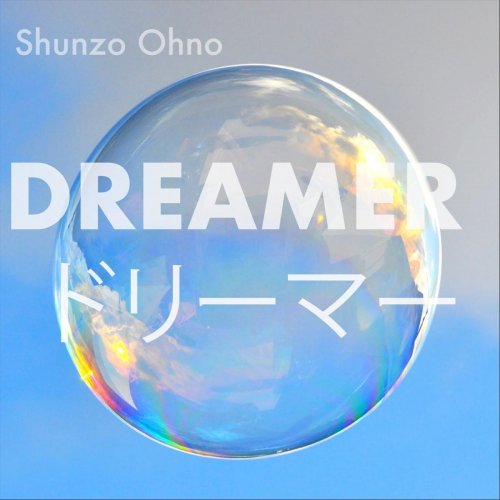
Artist: Shunzo Ohno
Title: Dreamer
Year Of Release: 2018
Label: Pulsebeats Records
Genre: Jazz, Fusion, Instrumental
Quality: Mp3 320 kbps / FLAC (tracks)
Total Time: 51:19 min
Total Size: 118 / 268 MB
WebSite: Album Preview
Tracklist:Title: Dreamer
Year Of Release: 2018
Label: Pulsebeats Records
Genre: Jazz, Fusion, Instrumental
Quality: Mp3 320 kbps / FLAC (tracks)
Total Time: 51:19 min
Total Size: 118 / 268 MB
WebSite: Album Preview
1. Dreamers
2. Yamanaka Bushi
3. Go On
4. Tabaruzaka
5. Okinawa
6. Alone, Not Alone
7. Lea's Run
8. Tairyo Bushi
9. Musashi
10. Over the Rainbow
Shunzo Ohno: trumpet
Buster Williams: bass
Billy Kilson: drums
Ed Howard: bass
Ira Coleman: bass
Jerome Jennings: drums
Cyro Baptista: percussions
Henry Hey: piano, keyboards
Clifford Carter: piano, keyboards
Vic Juris: guitar
David Berkman: piano
Sasha Ono: cello
Thierry Arpino: drums
Paul Bollenback: guitar
John Hart: guitar
Dave Anderson: bass
George Colligan: piano, keyboards
Danny Sadownik: percussions
Jeanne Leblanc: cello
Listening to Shunzo Ohno's music it's hard to believe that this musician has walked through hurdles so big that would have daunted anyone to keep following a career in music.
In the light of what happened in his life, the sound of his trumpet has achieved today such a pregnancy to contain the same solid beauty of a samurai sword shaped in countless battles. Hearing his phrases soaring in the air, knowing the story behind the musician (Writer's note: you can learn more about Shunzo Ohno's story in the documentary "Never Defeated: the Shunzo Ohno Story" linked below), nearly represents a spiritual experience that makes each of his performances the evidence of his tameless living force and courage.
His latest album since from the title makes it clear, as if it were still needed, the quality that made him the extraordinary human being and musician that many have learned to appreciate: knowing how to look beyond hardness and imagining sceneries always new, pushed by a strong desire of accomplishment, the quality that makes us dreamers.
"Dreamer" collects some of Ohno's best original compositions awarded in the most internationally renowned songwriting contests or already published in his previous leader albums, partly rearranged on this occasion by a great bunch of excellent fellow session men who alternate in the various tracks.
Behind the choice to realize this abum, above all, there's the will to raise funds in support of the many Japanese families struck by the devastating earthquake and the subsequent tsunami that hit the Northeastern coasts of Japan on march 2011 and that to this very today still live in temporary shelters. This is a problem that has always been close to Shunzo Ohno's heart who periodically visits this region of Japan where he created music programs for primary and secondary schools to instill a sentiment of optimism and rebirth in the people, thanks to the healing power of music in which he strongly believes.
Ohno's compositions stretch through the most heterogeneous jazz styles, driven only by his instinct and sensibilty. Dreamers, which opens the album, has an ethereal breath and is tinged with Mediterranean colours also due to the presence of John Hart's classic guitar, whereas Alone, not Alone draws from his rich vein of lyricism. The album is not lacking dynamic tunes, here fueled by Fusion-related sounds to which Ohno is musically tied since his very beginnings.
This is demonstrated by compositions like Go On and Lea's Run, both sustained by robust grooves, in which the trumpeter is equipped with electronic devices and effects which bends the sound to his will, revealing himself as a specialist of this modern support often placed beside his acoustic tone during live performances and recordings.
There's also room for evergreen standards such as Over the Rainbow, already included in his accomplished album "All in One" (2012), a classic wisely reharmonized by Ohno and well backed up by guitarist Vic Juris.
In Shunzo Ohno's music many are the references to the history and music culture of his native country. An ancient melody coming from Northern Japan is the basis for Tairyo Bushi, executed in an intense rendition for solo trumpet, as it happens in the brief Taburazaka (the title is taken from a Japan's area in which an historical battle took place), an original composition in which is possible to listen to all the elegy and the clear beauty of his sound.
In Okinawa, instead, the references to the Southernmost group of islands of Japanese archipelago, are to be found in the incitement whistles heard at the song's beginning, a feature frequently present in Okinawan folk music.
Musashi is certainly the most known and celebrated Ohno's composition as well as the one that represents him the most. The title comes from the legendary historical figure of Miyamoto Musashi, a famous samurai and skillful swordsman, but also a writer and painter; a symbol of courage for Ohno, when he fell in hard times, that allowed him to keep doing the thing he loves the most: making music capable to inspire with hope the hearts of people.
In the light of what happened in his life, the sound of his trumpet has achieved today such a pregnancy to contain the same solid beauty of a samurai sword shaped in countless battles. Hearing his phrases soaring in the air, knowing the story behind the musician (Writer's note: you can learn more about Shunzo Ohno's story in the documentary "Never Defeated: the Shunzo Ohno Story" linked below), nearly represents a spiritual experience that makes each of his performances the evidence of his tameless living force and courage.
His latest album since from the title makes it clear, as if it were still needed, the quality that made him the extraordinary human being and musician that many have learned to appreciate: knowing how to look beyond hardness and imagining sceneries always new, pushed by a strong desire of accomplishment, the quality that makes us dreamers.
"Dreamer" collects some of Ohno's best original compositions awarded in the most internationally renowned songwriting contests or already published in his previous leader albums, partly rearranged on this occasion by a great bunch of excellent fellow session men who alternate in the various tracks.
Behind the choice to realize this abum, above all, there's the will to raise funds in support of the many Japanese families struck by the devastating earthquake and the subsequent tsunami that hit the Northeastern coasts of Japan on march 2011 and that to this very today still live in temporary shelters. This is a problem that has always been close to Shunzo Ohno's heart who periodically visits this region of Japan where he created music programs for primary and secondary schools to instill a sentiment of optimism and rebirth in the people, thanks to the healing power of music in which he strongly believes.
Ohno's compositions stretch through the most heterogeneous jazz styles, driven only by his instinct and sensibilty. Dreamers, which opens the album, has an ethereal breath and is tinged with Mediterranean colours also due to the presence of John Hart's classic guitar, whereas Alone, not Alone draws from his rich vein of lyricism. The album is not lacking dynamic tunes, here fueled by Fusion-related sounds to which Ohno is musically tied since his very beginnings.
This is demonstrated by compositions like Go On and Lea's Run, both sustained by robust grooves, in which the trumpeter is equipped with electronic devices and effects which bends the sound to his will, revealing himself as a specialist of this modern support often placed beside his acoustic tone during live performances and recordings.
There's also room for evergreen standards such as Over the Rainbow, already included in his accomplished album "All in One" (2012), a classic wisely reharmonized by Ohno and well backed up by guitarist Vic Juris.
In Shunzo Ohno's music many are the references to the history and music culture of his native country. An ancient melody coming from Northern Japan is the basis for Tairyo Bushi, executed in an intense rendition for solo trumpet, as it happens in the brief Taburazaka (the title is taken from a Japan's area in which an historical battle took place), an original composition in which is possible to listen to all the elegy and the clear beauty of his sound.
In Okinawa, instead, the references to the Southernmost group of islands of Japanese archipelago, are to be found in the incitement whistles heard at the song's beginning, a feature frequently present in Okinawan folk music.
Musashi is certainly the most known and celebrated Ohno's composition as well as the one that represents him the most. The title comes from the legendary historical figure of Miyamoto Musashi, a famous samurai and skillful swordsman, but also a writer and painter; a symbol of courage for Ohno, when he fell in hard times, that allowed him to keep doing the thing he loves the most: making music capable to inspire with hope the hearts of people.
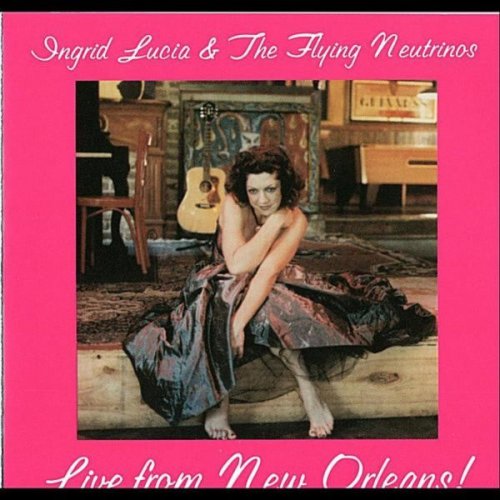
![Joe Pass - Virtuoso (1974) [2025 DSD256] Joe Pass - Virtuoso (1974) [2025 DSD256]](https://www.dibpic.com/uploads/posts/2026-02/1771609997_ff.jpg)
![Æthenor - Hazel (2016) [Hi-Res] Æthenor - Hazel (2016) [Hi-Res]](https://img.israbox.com/img/2026-02/21/u8vm4dsf9wrvmhpl4zso2e791.jpg)
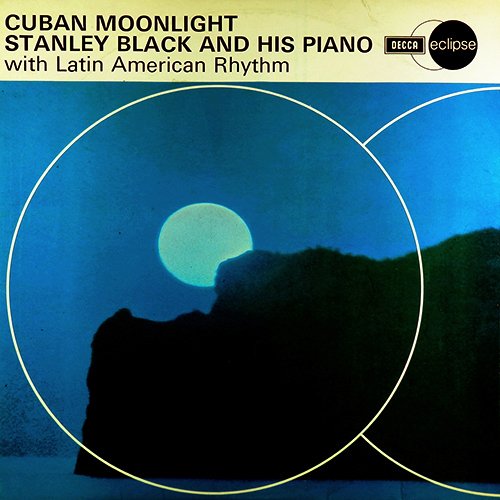
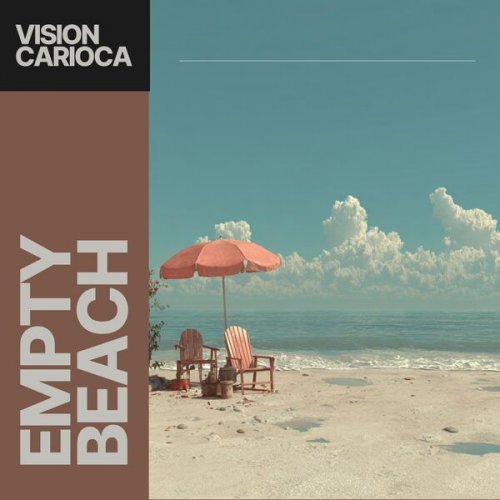
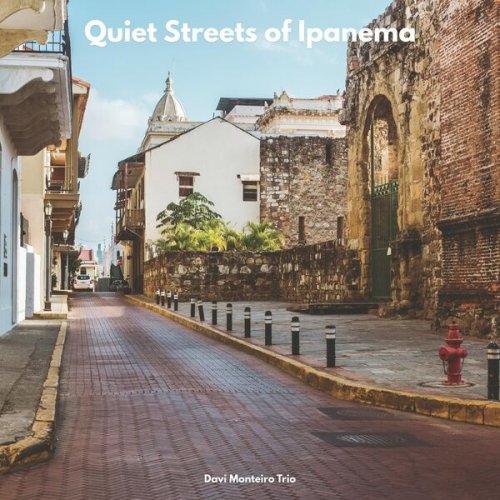
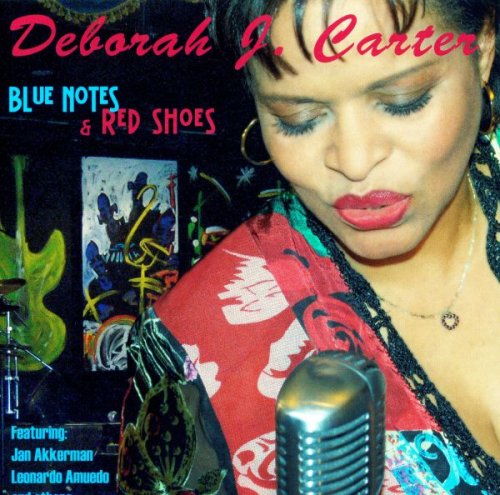
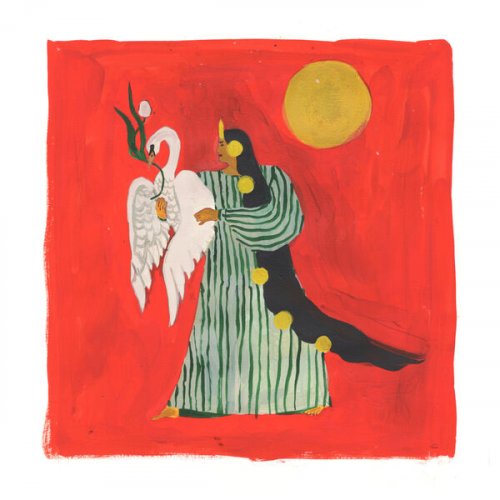
![Acid Mothers Reynols, Acid Mothers Temple, Reynols - Vol. 3 (2024) [Hi-Res] Acid Mothers Reynols, Acid Mothers Temple, Reynols - Vol. 3 (2024) [Hi-Res]](https://img.israbox.com/img/2026-02/21/vgzin7mjpuc9xi8v2ce3z1jc8.jpg)